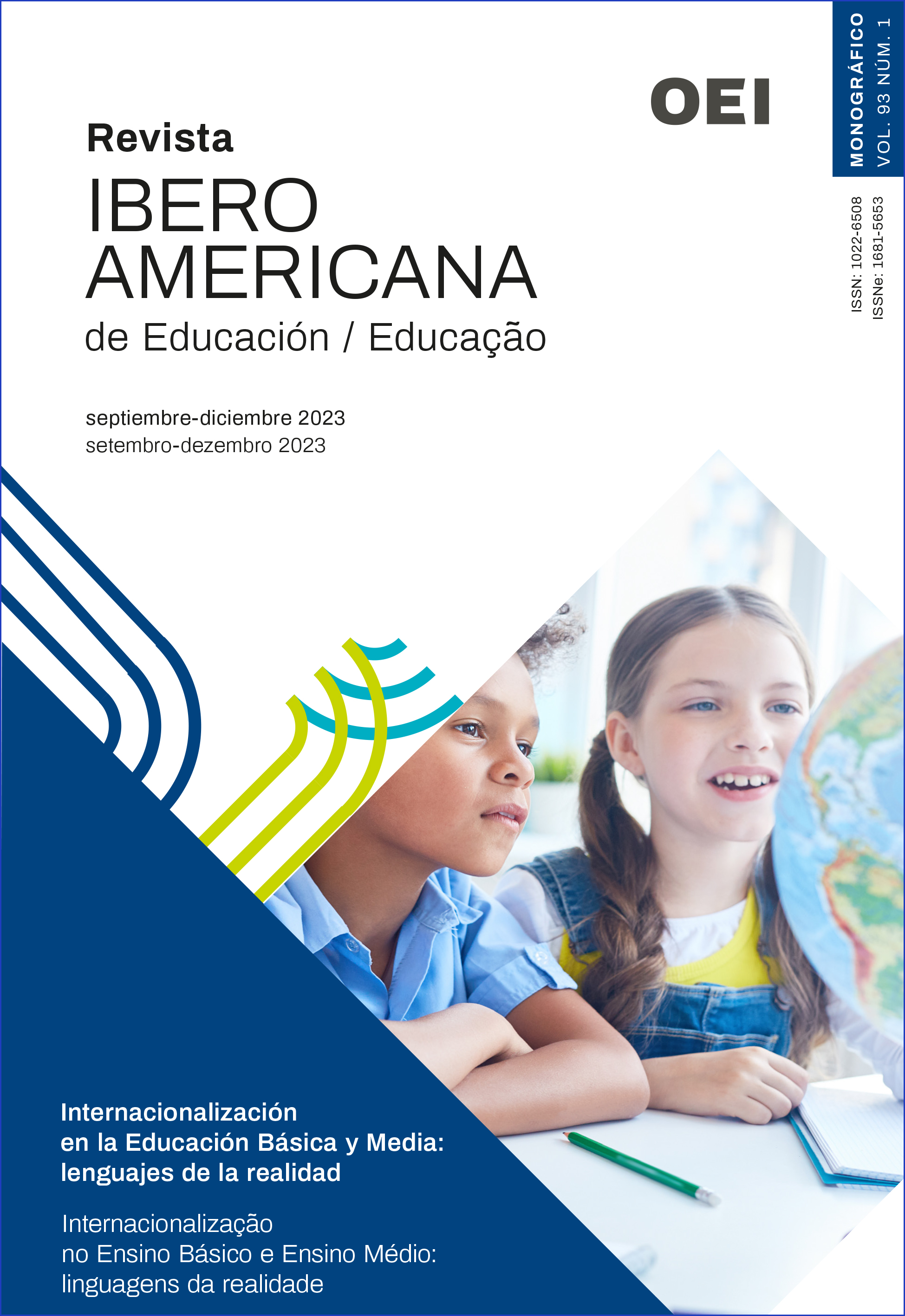Internationalization in Basic Education: an analysis from UNESCO
DOI:
https://doi.org/10.35362/rie9315997Keywords:
Internationalization in Basic Education. Education for Global Citizenship. Sustainable development. UNESCO.Abstract
This article aims to present reflections on the process of Internationalization in Basic Education in the light of UNESCO influences. It is characterized as a qualitative and documental work, in which a reflective analysis is carried out, in order to establish conceptual frameworks of Internationalization in Basic Education. These milestones were built from the interrelation between Internationalization in Basic Education and Education for Global Citizenship and Sustainable Development, from reflections on the preservation of national identity, interculturality and the identification of the presence of processes of Internationalization in Basic Education. The results indicate that, by expanding to all students the opportunity for training that favors international and intercultural perspectives in Basic Education curricula, Internationalization can serve as a means of promoting common values and a closer understanding between different peoples and cultures and contribute to sustainable world development, marked by democratic coexistence, respect, solidarity and cooperation for a socially responsible citizenship.
Downloads
How to Cite
Published
Issue
Section
License
Any authors who publish with this journal accept the following terms:















